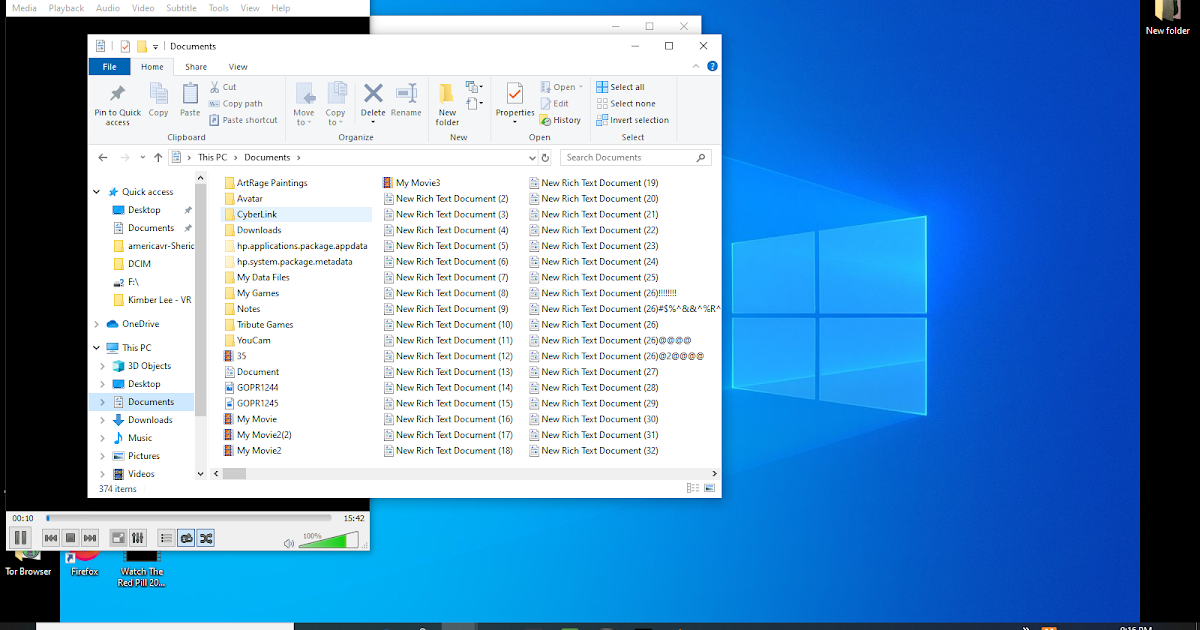Recent Articles
Get help with Developer Edition. Get help with Firefox Developer Tools. Here are just a few of the topics you'll find on MDN: Open Web technologies: HTML CSS JavaScript Document Object Model (DOM) Web APIs Graphics (SVG, WebGL, WebVR, WebXR) Media (audio, video, streaming, WebRTC) The Mozilla. HTML (HyperText Markup Language) is the most basic building block of the Web. It defines the meaning and structure of web content. Other technologies besides HTML are generally used to describe a web page's appearance/presentation (CSS) or functionality/behavior (JavaScript).HTML (HyperText Markup Language) is the most basic building block of the Web.
Mozilla Developer Network Html
Pyodide Spin Out and 0.17 Release
We are happy to announce that Pyodide has become an independent and community-driven project. We are also pleased to announce the 0.17 release for Pyodide with many new features and improvements. Pyodide consists of the CPython 3.8 interpreter compiled to WebAssembly which allows Python to run in the browser.
Thanks! Please check your inbox to confirm your subscription.
If you haven’t previously confirmed a subscription to a Mozilla-related newsletter you may have to do so. Please check your inbox or your spam filter for an email from us.
- HTML (HyperText Markup Language) is the most basic building block of the Web. It defines the meaning and structure of web content. Other technologies besides HTML are generally used to describe a web page's appearance/presentation (CSS) or functionality/behavior (JavaScript).HTML (HyperText Markup Language) is the most basic building block of the Web.
- Mozilla Hacks is written for web developers, designers and everyone who builds for the Web. Hacks is produced by Mozilla's Developer Relations team and features hundreds of posts from Mozilla.
Never too late for Firefox 88
April is upon us, and we have a most timely release for you — Firefox 88. In this release you will find a bunch of nice CSS additions including :user-valid and :user-invalid support and image-set() support, support for regular expression match indices, removal of FTP protocol support for enhanced security, and more! This blog post […]
QUIC and HTTP/3 Support now in Firefox Nightly and Beta
Support for QUIC and HTTP/3 is now enabled by default in Firefox Nightly and Firefox Beta and we are planning to start a rollout on the release in Firefox Stable Release 88. HTTP/3 will be available by default by the end of May.
Eliminating Data Races in Firefox – A Technical Report
We successfully deployed ThreadSanitizer in the Firefox project to eliminate data races in our remaining C/C++ components. In the process, we found several impactful bugs and can safely say that data races are often underestimated in terms of their impact on program correctness. We recommend that all multithreaded C/C++ projects adopt the ThreadSanitizer tool to enhance code quality.
A web testing deep dive: The MDN web testing report
For the last couple of years, we've run the MDN Web Developer Needs Assessment (DNA) Report, which aims to highlight the key issues faced by developers building web sites and applications. This has proved to be an invaluable source of data for browser vendors and other organizations to prioritize improvements to the web platform. This year we did a deep dive into web testing, and we are delighted to be able to announce the publication of this follow-on work, available at our insights.developer.mozilla.org site along with our other Web DNA publications.
MDN localization in March — Tier 1 locales unfrozen, and future plans
Since we last talked about MDN localization, a lot of progress has been made. In this post we'll talk you through the unfreezing of Tier 1 locales, and the next steps in our plans to stop displaying non-active and unmaintained locales.
In March, we see Firefox 87
Nearing the end of March now, and we have a new version of Firefox ready to deliver some interesting new features to your door. This month, we've got some rather nice DevTools additions in the form of prefers-color-scheme media query emulation and toggling :target pseudo-classes, some very useful additions to editable DOM elements: the beforeinput event and getTargetRanges() method, and some nice security, privacy, and macOS screenreader support updates.
How MDN’s site-search works
Periodically, the whole of MDN is built, by our Node code , in a GitHub Action. A Python script bulk-publishes this to Elasticsearch. Our Django server queries the same Elasticsearch via /api/v1/search. The site-search page is a static single-page app that sends XHR requests to the /api/v1/search endpoint. Search results' sort-order is determined by match and 'popularity'.
Here’s what’s happening with the Firefox Nightly logo
The internet was set on fire (pun intended) this week, by what I'm calling 'fox gate', and chances are you might have seen a meme or two about the Firefox logo. Many people were pulling up for a battle royale because they thought we had scrubbed fox imagery from our browser. We can confirm, that this is definitely not happening.
A Fabulous February Firefox — 86!
Looking into the near distance, we can see the end of February loitering on the horizon, threatening to give way to March at any moment. To keep you engaged until then, we’d like to introduce you to Firefox 86.
Introducing State Partitioning
State Partitioning is the technical term for a new privacy feature in Firefox called Total Cookie Protection, which will be available in ETP Strict Mode in Firefox 86. This article shows how State Partitioning works inside of Firefox and explains what developers of third-party integrations can do to stay compatible with the latest changes.
Html Official Documentation
Browse All Articles →

